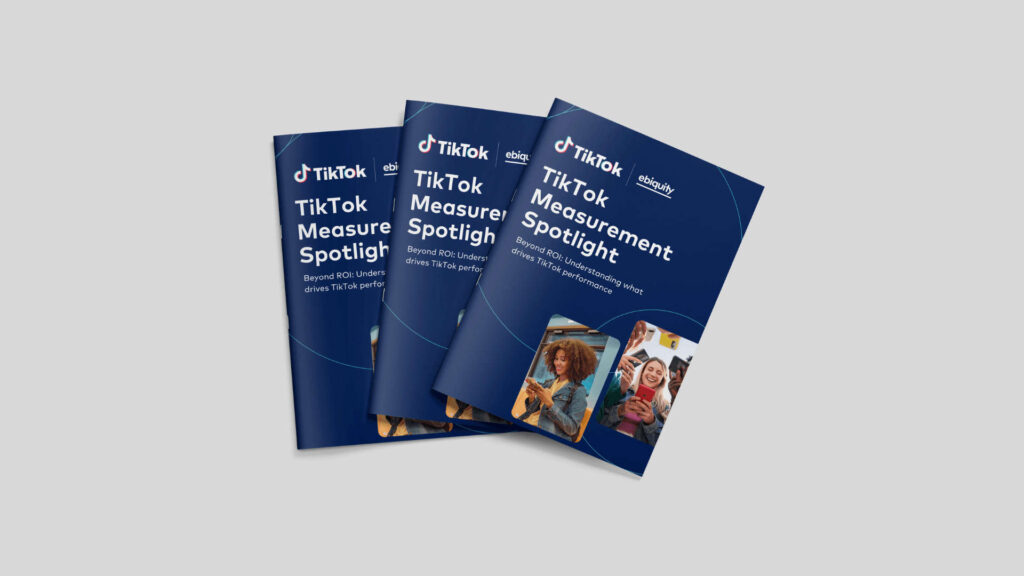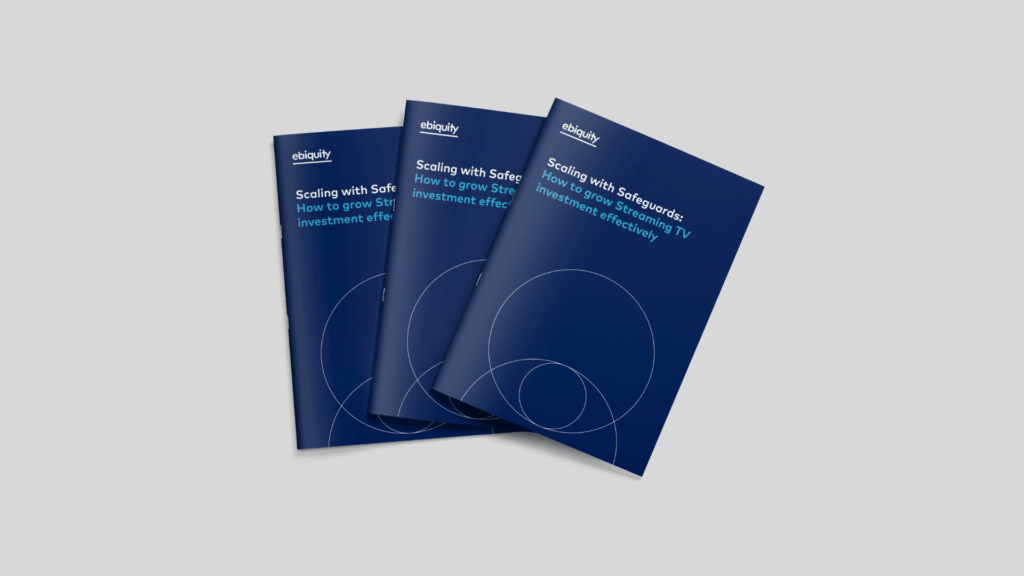Welcome to the wheelhouse, where we discuss critical topics for marketers who want to maximise advertising effectiveness.
In this latest edition, Inés Miranda, Group Director, Marketing Effectiveness, Ebiquity Iberia, delves into a topic transforming the marketing analytics landscape: the role of Artificial Intelligence in Marketing Mix Modelling (MMM). While AI offers remarkable speed, precision, and scalability, Inés explains why human expertise remains irreplaceable. From data quality and interpretability to the critical need for context and emotional intelligence, this piece unpacks the strengths and limitations of AI in MMM. Discover why hybrid intelligence – the fusion of machine efficiency and human insight – is the key to navigating today’s complex marketing challenges with trust and effectiveness.
Artificial Intelligence is transforming the analytics landscape. Models are faster, predictions sharper, and automation more accessible than ever before. But when it comes to Marketing Mix Modelling (MMM), one truth remains clear: the speed and power of large language models cannot replace good, strategic, human judgment. Think of it like a fast car – it’s useless if you don’t know where you’re going.
The benefits of AI in MMM
AI brings tangible value across several stages of MMM workflow. Some key strengths include:
- Variable selection: Advanced algorithms can analyse hundreds of variables, identifying correlations and surfacing meaningful patterns faster than any human possibly could.
- Model iteration and testing: AI can rapidly generate and evaluate multiple model versions, accelerating experimentation and optimisation.
- Forecasting simulations: With the right inputs, AI can simulate a vast range of “what-if” scenarios at scale, delivering lightning-fast projections and insights.
These capabilities make AI a powerful tool, but that doesn’t mean it’s going to replace human analysts any time soon. Without expert oversight, experience, and an understanding of context, even the most advanced AI models can misinterpret data or miss the mark on strategic business objectives.
AI’s limitations
Despite its very real strengths, AI has notable limitations in the context of MMM. These include:
- Interpretability: Identifying what drives performance is not the same as understanding the reasons why. AI can highlight statistically significant variables, but interpreting their practical, “So what?” implications still demands human expertise, and this is vital for real-world context.
- Data quality is king: The GIGO principle (“Garbage In, Garbage Out”) still applies. If anything, it applies more than ever. No algorithm can compensate for poor, biased, or misaligned data. This is the reality.
- Overfitting risks, providing “too good to be true” outcomes: In pursuit of perfect model fit, AI tends to pick up on noise instead of signal – producing elegant models that fail in real-world applications.
- Lack of business context: AI hasn’t attended your marketing meetings. It doesn’t know that your product launch was delayed or that your competitor just slashed prices. Context and real-world understanding really matter.
- No Emotional Intelligence: AI detects patterns, not people. It might notice a spike in clicks, but it won’t realise that this was because your ad featured an adorable puppy. Emotional Intelligence remains a uniquely human faculty.
It’s also important to recognise that different teams will use different AI solutions in different ways, so these observations might not be universally true. What may be a limitation in one context could be a strength in another, depending on how AI is implemented and the outputs are interpreted.
AI as a partner-in-crime, NOT the mastermind
The future of MMM isn’t about full automation. It’s about complementarity. AI should be a trusted accomplice that speeds up processes. Strategic decision-making, stakeholder alignment, and context interpretation are still very human tasks.
Any MMM without context – without understanding the challenges of each advertiser – is like having a map without labels: visually impressive, but ultimately directionless. With the right context, models can guide strategic decisions that truly make a difference, and AI becomes a valuable companion on that journey.
Summing up: Hybrid intelligence is the future
The real power of MMM lies in hybrid intelligence: the fusion of machine speed and human insight. That’s the best way to move fast and stay grounded.
AI brings efficiencies, for sure, but it cannot replicate the intuition, creativity, and empathy that humans bring to the table. The most successful applications of MMM will come from partnerships between AI and human analysts, where both strengths are leveraged.
As I once read – and I couldn’t agree more today: “Modellers who master AI gain speed. Those who understand its limits gain trust.”
And in today’s ever-evolving marketing landscape, trust is the foundation of sustainable, effective strategy.









